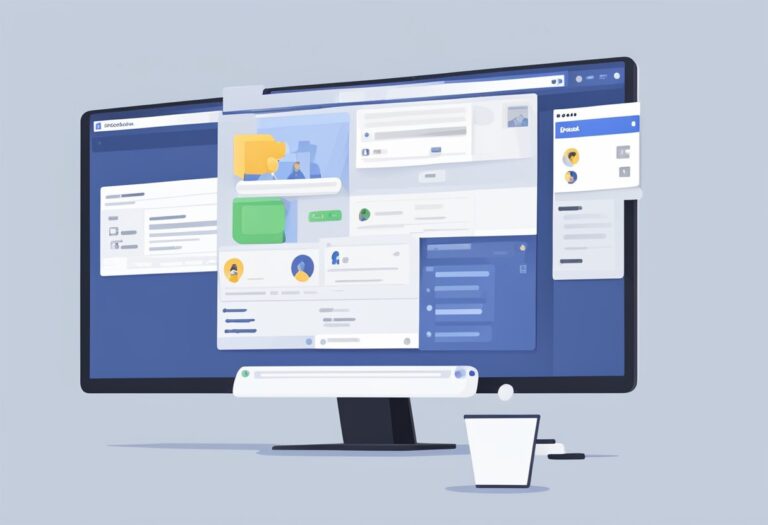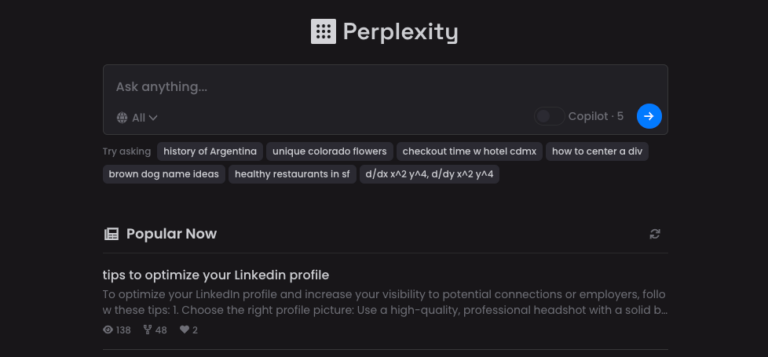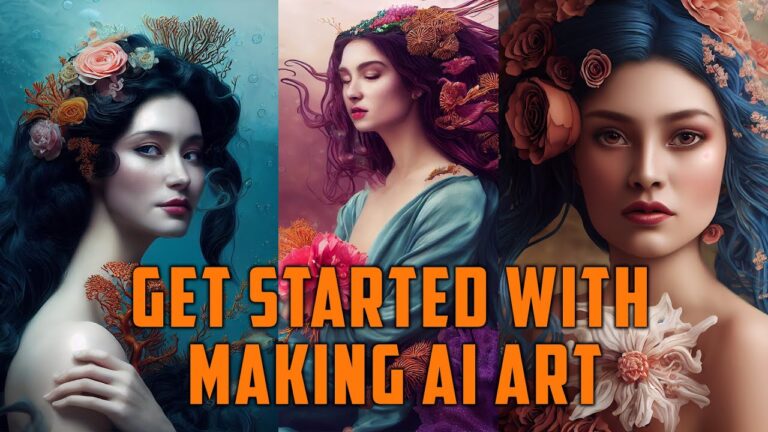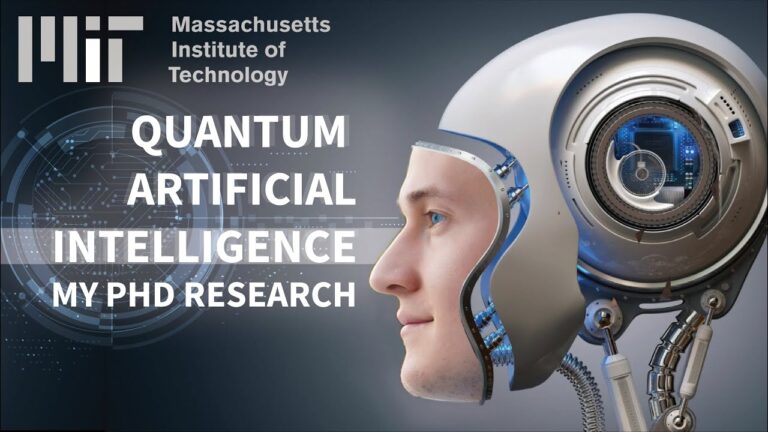AI is revolutionizing personalization in marketing and education. It offers tailored experiences for consumers and students alike.
Artificial Intelligence (AI) is transforming various sectors by providing personalized experiences. In marketing, AI analyzes consumer behavior to deliver customized advertisements and recommendations. This results in higher engagement and conversion rates. Similarly, in education, AI tailors learning experiences to individual students’ needs.
It identifies strengths and weaknesses, offering personalized content and feedback. This leads to improved learning outcomes and student satisfaction. As AI technology advances, its ability to provide precise personalization will grow. This will continue to reshape how businesses and educational institutions interact with their audiences. Embracing AI-driven personalization is crucial for staying competitive in today’s dynamic landscape.
The Rise Of Ai In Personalization
Artificial Intelligence (AI) is transforming how we experience the world. It is changing how companies market and how students learn. AI personalizes experiences to meet individual needs.
Evolving Consumer Expectations
Consumers now expect more personalized experiences. They want products and services that fit their unique needs. Traditional marketing methods no longer suffice.
AI helps meet these evolving expectations. It analyzes vast amounts of data quickly. This analysis helps create a tailored experience for each user.
From Mass Marketing To Individual Focus
Mass marketing focuses on reaching the largest audience. It uses generalized messages. This approach often misses the mark.
AI shifts the focus to individual needs. It uses data to understand each person’s preferences. This results in more effective marketing strategies.
In education, AI customizes learning paths. Each student gets a unique curriculum. This helps them learn at their own pace.
| Aspect | Mass Marketing | Individual Focus |
|---|---|---|
| Audience | Large, General | Specific, Individual |
| Message | Generalized | Personalized |
| Effectiveness | Low | High |
AI is changing both marketing and education. It enables companies to meet consumer expectations. It also helps students learn more effectively. AI makes experiences more personal and relevant.
How Ai Powers Personalization
Artificial Intelligence (AI) is revolutionizing the way we experience personalization. From marketing to education, AI tailors experiences to meet individual needs. This transformation is powered by advanced data analysis and predictive behavior modeling.
Data Analysis At Scale
AI can analyze vast amounts of data quickly and efficiently. This ability allows businesses to understand customer preferences in real time.
For example, AI algorithms can scan through social media posts, purchase histories, and browsing patterns. This data provides insights into what customers want and need.
Here is a table showing how AI data analysis impacts different sectors:
| Sector | Impact |
|---|---|
| Marketing | Targeted ads and product recommendations |
| Education | Customized learning paths |
| Healthcare | Personalized treatment plans |
Predictive Behavior Modeling
Predictive behavior modeling uses AI to forecast future actions. This allows businesses to stay ahead of customer needs.
For instance, AI can predict what products a customer might buy next. This helps in creating personalized shopping experiences.
Here are some key benefits of predictive behavior modeling:
- Improved customer satisfaction
- Increased sales and revenue
- Better resource allocation
In education, AI can predict which topics a student might struggle with. This allows teachers to provide targeted help.
AI-powered personalization is changing the way we interact with the world. It makes experiences more relevant and engaging.
Personalization In Everyday Life
Artificial Intelligence (AI) is revolutionizing personalization in our daily lives. From shopping to learning, AI tailors experiences to individual needs. This personalization enhances convenience, engagement, and satisfaction.
Customized Shopping Experiences
Imagine entering an online store and seeing only what you love. AI analyzes your past purchases and browsing history. It then recommends items that match your preferences. This creates a shopping experience tailored just for you.
Retailers use AI to personalize promotions and discounts. You receive special offers based on your interests and buying habits. Personalized shopping saves time and helps find the perfect products easily.
Media Consumption And Content Discovery
AI changes how we discover and consume media. Streaming services use AI to suggest movies and TV shows. These recommendations are based on what you have watched before. You find new content that matches your taste.
Music streaming platforms also use AI to create personalized playlists. These playlists include songs you love and new tracks you might like. AI ensures you enjoy a seamless media experience.
Social media platforms use AI to curate your feed. You see posts and updates that interest you most. This keeps you engaged and connected to what matters to you.
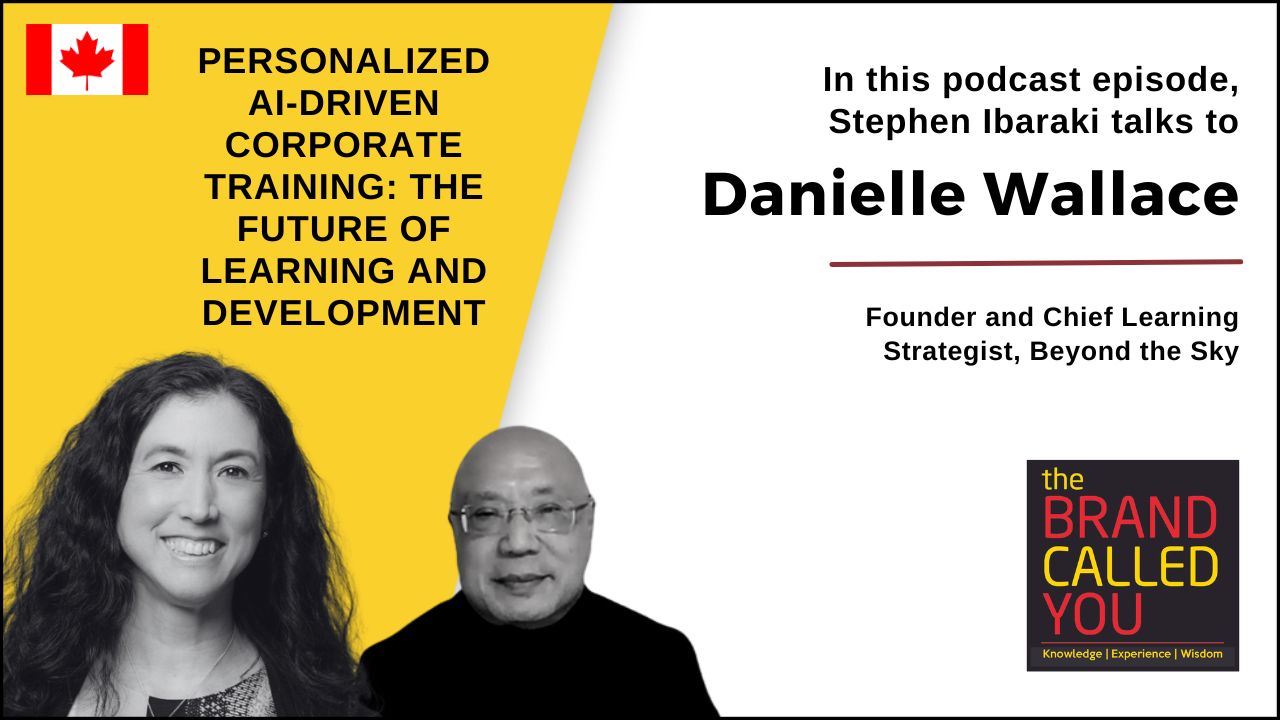
Ai In Healthcare Personalization
AI has revolutionized many sectors, and healthcare is no exception. AI in healthcare personalization tailors treatments to individual patients. This approach ensures better outcomes and improves overall health. Let’s explore how AI is transforming healthcare.
Tailored Treatment Plans
AI helps doctors create tailored treatment plans for each patient. Traditional treatments use a one-size-fits-all method. With AI, treatments match the patient’s unique needs.
AI analyzes large amounts of data quickly. It finds patterns and suggests the best treatments. This reduces trial-and-error methods. Patients get the right treatment faster. It also reduces the cost of healthcare.
Doctors can use AI tools to monitor patient progress. They adjust treatment plans as needed. This ensures patients receive the best care at all times.
Predictive Health Monitoring
AI plays a crucial role in predictive health monitoring. It helps predict health issues before they become serious.
Wearable devices collect health data continuously. AI analyzes this data in real-time. It can detect early signs of diseases. This allows for early intervention and better outcomes.
AI also predicts potential health risks. This includes genetic factors and lifestyle choices. Patients receive personalized advice to improve their health.
Here is a summary of how AI is used in healthcare personalization:
| AI Application | Benefit |
|---|---|
| Tailored Treatment Plans | Personalized care, faster treatment, cost-effective |
| Predictive Health Monitoring | Early disease detection, personalized health advice |
The Role Of Privacy And Ethics
The future of personalization is exciting. AI can tailor experiences like never before. But, it brings challenges. Privacy and ethics are top concerns. How do we protect user data? How do we balance personalization with consent? Let’s explore these questions further.
Data Security Concerns
AI systems collect huge amounts of data. This data includes personal details. Data breaches can happen. Hackers target sensitive information. Securing this data is essential.
| Data Type | Risk Level | Security Measures |
|---|---|---|
| Personal Details | High | Encryption, Secure Servers |
| Behavioral Data | Medium | Data Masking, Access Control |
| Educational Records | High | Multi-Factor Authentication |
Balancing Personalization With User Consent
Personalization needs user data. But users must give consent. Transparency is key. Users should know how their data is used. They should have control over it.
- Ask for clear consent.
- Explain data usage.
- Provide opt-out options.
Balancing personalization with consent builds trust. Users feel safer and more valued.

The Impact On Marketing Strategies
AI is changing marketing strategies. It helps businesses reach the right people. With AI, marketing is smarter and more personal. This section explores the impact of AI on marketing strategies.
Micro-targeting Techniques
Micro-targeting techniques allow businesses to target small groups. AI analyzes customer data to find these groups. This helps create specific ads for each group.
| Technique | Benefit |
|---|---|
| Behavioral Analysis | Understands customer habits |
| Demographic Segmentation | Targets specific age groups |
| Geo-targeting | Reaches customers based on location |
These techniques increase ad effectiveness. Businesses spend less and get better results.
Dynamic Content Creation
AI helps create dynamic content. It changes based on user behavior. This means each user sees unique content.
- Personalized Emails: Emails tailored to each user.
- Product Recommendations: Suggests products based on past purchases.
- Dynamic Website Content: Website changes based on user actions.
Dynamic content keeps users engaged. It makes them more likely to buy. AI helps businesses create this content quickly.
AI is making marketing smarter. It allows for better targeting and dynamic content. These changes help businesses succeed.
Challenges And Limitations Of Ai Personalization
The rise of AI personalization offers exciting possibilities in various fields. Yet, it also comes with significant challenges and limitations. These barriers can affect the effectiveness and fairness of AI systems. Let’s explore some of the key challenges.
Addressing Bias In Ai Systems
One major challenge is bias in AI systems. AI algorithms learn from data. If the data is biased, the AI will be biased too. This can lead to unfair outcomes.
For example, biased data can result in AI favoring certain groups over others. This is a big concern in areas like marketing and custom education. Here are some common types of bias:
- Gender Bias: Favoring one gender over another.
- Racial Bias: Favoring one race over another.
- Age Bias: Favoring one age group over another.
To address this, we need diverse and representative data. Also, regular audits of AI systems can help identify and fix biases.
The Complexity Of Human Preference
Another challenge is the complexity of human preference. Human preferences are not static. They change over time and are influenced by many factors.
For instance, someone might like a product today but dislike it tomorrow. AI systems need to adapt to these changes. This requires real-time data and advanced algorithms.
Understanding human preference involves:
- Collecting data from multiple sources.
- Analyzing behavior patterns.
- Updating AI models frequently.
Yet, even with advanced tech, fully understanding human preference remains a challenge. AI can predict trends but might miss subtle shifts in individual preferences.
In summary, while AI personalization holds great promise, it must overcome these challenges to be truly effective and fair.
The Future Of Personalization With Ai
The future of personalization with AI is bright. AI is changing how we personalize experiences. This change affects marketing and education. AI helps us understand people better. This understanding leads to more tailored experiences.
Innovations On The Horizon
AI is bringing many innovations. These innovations make personalization better. Here are some key innovations:
- Real-time data analysis: AI can analyze data quickly. This helps in making instant decisions.
- Predictive analytics: AI predicts what users want. This makes experiences more personalized.
- Natural language processing (NLP): AI understands human language. This makes interactions smoother.
These innovations help in creating more personal experiences. They make interactions more meaningful.
Personalization In The Metaverse
The metaverse is a new virtual world. Personalization in the metaverse is important. AI plays a big role here. Let’s look at how:
| Aspect | AI’s Role |
|---|---|
| Virtual Avatars | AI helps create unique avatars. These avatars match user preferences. |
| Custom Environments | AI personalizes virtual spaces. These spaces fit user needs. |
| Interactive Content | AI makes content interactive. This keeps users engaged. |
AI makes the metaverse more engaging. It creates a unique experience for everyone.

Frequently Asked Questions
How Does Ai Contribute To Personalized Learning In Education?
AI tailors educational content to individual student needs, enhancing learning through adaptive lessons, instant feedback, and personalized support. This leads to improved engagement and outcomes.
How Is Ai Used In Personalized Marketing?
AI analyzes customer data to create personalized marketing campaigns. It recommends products, tailors messages, and optimizes ad targeting. This improves customer engagement and conversion rates.
What Is The Impact Of Ai On The Future Of Education?
AI revolutionizes education by personalizing learning, enhancing engagement, and automating administrative tasks. It provides data-driven insights, improving educational outcomes.
How Will Ai Impact Marketing In The Future?
AI will revolutionize marketing by personalizing content, automating tasks, and analyzing data efficiently. It enhances customer engagement and improves decision-making.
Conclusion
AI is revolutionizing personalization in marketing and education. It offers tailored experiences for users and learners. Businesses and educators must embrace AI to stay competitive. The future holds endless possibilities for personalized interactions. Stay ahead by integrating AI-driven solutions in your strategies.

